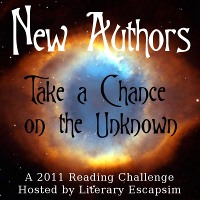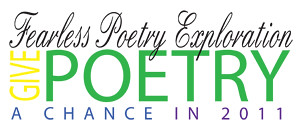
It now has its own blog where book bloggers can link up their own mailbox posts and share which books they bought or which they received for review from publishers, authors, and more.
Thank you to Velvet for stepping in when Mailbox Monday needed another host.
Emma, Martha, and I also will share our picks from everyone’s links in the new feature Books that Caught Our Eye. We hope you’ll join us.
Here’s What I Received:

The DC Poets for DC Schools anthology includes twenty-six poems by nine area poets. The poems in this collection were selected to introduce students to topics and techniques, history, and character. Included works explore growing up in Washington, D.C., sexuality, Blackness, aging, violence, womanhood, and more. Authors range from internationally renowned award winners to highly regarded and still very young poets.
Diaspora C
An anthology by AfroLatinx writers, Diaspora Cafe D.C. is a collective investigation of survival by writers within a system that deprioritizes their existence.
Diaspora Cafe D.C. is edited by Jeffrey Banks and Maritza Rivera and the contributors include: Ethelbert Miller, Saleem Abdal-Khaaliq, J. Joy “Sistah Joy” Alford, Jane Alberdeston, Kamilah Mercedes Valentín Díaz, Nick Leininger, Stephani E.D. McDow, Manuel Méndez, Hermond Palmer, henry 7. reneau, jr., Allison Whittenberg, Christine Williams, alongside poems by the editors.
While some poems consider identity and relationships, and others are love poems to family and lovers, all are united by a thread of resistance against invisibility.

Throughout 2021, as COVID and climate change battled for supremacy in the hearts and minds of the world, American poet Heather Bourbeau and Irish-Australian poet Anne Casey engaged in a poetry conversation back and forth across the globe, alternating each week, to create 52 poems over 52 weeks. With poems anchored in their gardens, they buoyed each other through lockdowns and exile from family, through devastating floods, fires, wild winds and superstorms. Some Days The Bird, a collection of internationally recognized and award-winning poems, is the result of their weekly communiqués from different hemispheres (and opposing seasons) in verse.

Inheritance is a black sensorium, a chapel of color and sound that speaks to spaciousness, surveillance, identity, desire, and transcendence. Influenced by everyday moments of Washington, DC living, the poems live outside of the outside and beyond the language of categorical difference, inviting anyone listening to listen a bit closer. Inheritance is about the self’s struggle with definition and assumption.
What did you receive?







